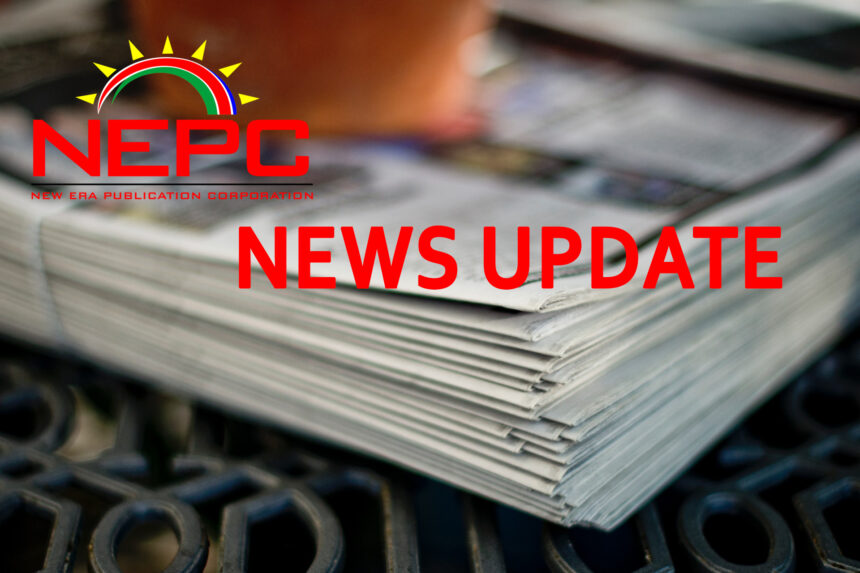An expert who has worked on social protection programmes in over 40 countries says Namibia can afford the basic income grant.
South African Economic Policy Research Institute (EPRI) professor Michael Samson yesterday said the Namibian government can afford to give between N$300 to N$500 to unemployed Namibians between the ages of 19 and 59.
A recent report by the World Bank also revealed that 1.6 million Namibians live in poverty.
The situation was exacerbated by the Covid-19 pandemic, which single-handedly pushed at least 200 000 Namibians into poverty, the World Bank’s report added.
Samson who supported the design, implementation, and evaluation of social protection systems and programmes in over 40 countries around the world, including in neighbouring South Africa and countries such as Uganda, Kenya, Ethiopia, Tanzania, Swaziland, Lesotho, Vietnam, Bangladesh, India, Thailand, and Indonesia said Namibia can have an additional tax to fund BIG.
He has been involved in the design and development of social protection strategies.
He said this while speaking via zoom during a debate on whether BIG would be affordable and sustainable in Namibia in the midst of the current economic crisis. The meeting was held by Basic Income Grant Namibia.
According to Samson, the cost depends on a number of factors, including the benefit size and delivery and how it interacts with other grants.
“The important cost is not the gross cost but the net cost – after factoring in the recovery through the tax system. The overall tax burden is entirely determined by how much money is finally redistributed from the net-payers to net recipients,” added Samson.
He said previous costing exercises suggest that the cost of BIG would fall in the range of 1 to 4% of the gross domestic product and that the country has additional tax capacity to cover the cost of the BIG.
He said if implemented, BIG will be the surest way for the government to achieve its goal of eradicating poverty.
“The social and economic benefits offer extraordinary returns on investment, and positions Namibia to take advantage of the economic growth opportunities,” he said.
“Universalism is key to the inclusive social development and equitable economic growth that BIG offers,” he added.
Activists for BIG have over the last few years amplified their calls for government to do more to help the poorest of Namibians.
Government’s food bank, launched in 2016, provides food to 11 000 households, translating into 45 000 beneficiaries in peri-urban and urban areas and is distributed to registered poverty-stricken households.
Government is considering converting the food bank into a cash grant system.
– ktjitemisa@nepc.com.na


